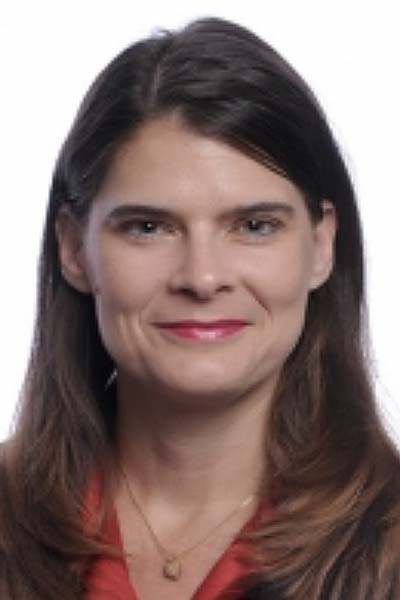Palliative care is too often taken to mean end-of-life or hospice care. What palliative care actually encompasses is relieving the stress, discomfort, and symptoms of any serious illness at any age. And not just for the patient. Today’s palliative care works to improve quality of life for caregivers, too.

“There have been important advances in both the science and practice of palliative care across the lifespan and illness trajectory,” said Lea Ann Matura, PhD, RN, associate professor, University of Pennsylvania School of Nursing. “And like so many other areas of care, the need for palliative care and the approaches that can be used to deliver it can change depending on the age and condition of the patient, where they are in their disease trajectory, and whether we are talking about the patient directly or the patient’s caregivers who need help with their own stress and discomfort of dealing with a loved one’s serious illness.”
Dr. Matura will co-chair Nursing Year in Review: Palliative Care Across the Lifespan from 2:15–3:45 p.m. PT on Sunday, May 15, with Sharron J. Crowder, PhD, RN, ATSF, clinical associate professor, Indiana University School of Nursing. The session will take place in Room 3014 (West Building, Level 3), Moscone Center.
There has been a growing recognition of the importance of palliative care from neonates through the entire lifespan in recent years, Dr. Matura explained. That recognition has translated into important expansions in the science and understanding of symptom relief for patients of all ages and their caregivers.
Christine A. Fortney, PhD, RN, assistant professor, Ohio State University College of Nursing, will discuss palliative care in neonates. Her research focuses on palliative and end-of-life care for infants in the neonatal intensive care unit, as well as parents’ long-term coping mechanisms and distress.
Growing numbers of institutions are moving to better integrate palliative care into the routine care of patients, particularly in the intensive care setting. Jennifer Burgher Seaman, PhD, RN, CHPN, assistant professor, University of Pittsburgh School of Nursing, will discuss the latest symptom strategies and best practices for clinician-family communication in palliative care.
Symptom management is a cornerstone of palliative care to improve quality of life. Jill Guttormson, PhD, MS, RN, associate professor, Marquette University College of Nursing, will provide an update on the most recent advances in symptom management in acute and critical illnesses, with a focus on in-patient strategies.
Caregivers, such as family members and friends, play key roles in patient care, a lesson made all too clear during the COVID-19 pandemic. Natalie Susan McAndrews, PhD, RN, assistant professor, University of Wisconsin-Milwaukee College of Nursing, will discuss the latest in palliative interventions for caregivers.
“Just taking care of someone who is chronically or critically ill can really take a toll on your own health,” Dr. Matura said. “We are recognizing that caregivers need support, and palliative care aims to provide that kind of holistic support. This session looks at palliative care from a variety of perspectives that not all of us have considered before.”
Extend Your Learning Beyond San Francisco with ATS 2025 Conference Highlights

With so many valuable educational opportunities offered during the ATS 2025 International Conference, attendees are often forced to decide which sessions to prioritize. That’s why the Society is offering three ATS 2025 Conference Highlights packages for those unable to attend ATS 2025 San Francisco or attendees interested in continuing their education after the conference. Check out the packages and pick the one that’s right for you. Learn at your own pace, whenever and wherever you are!

